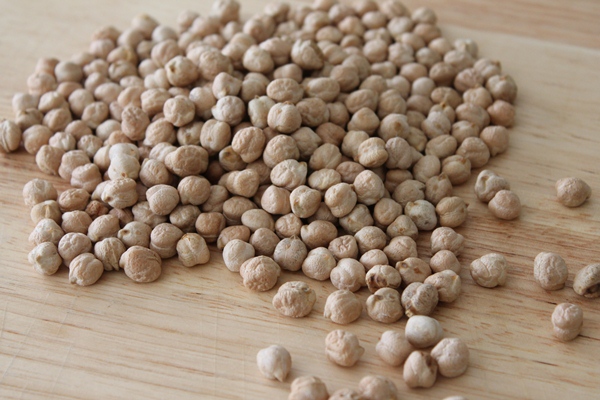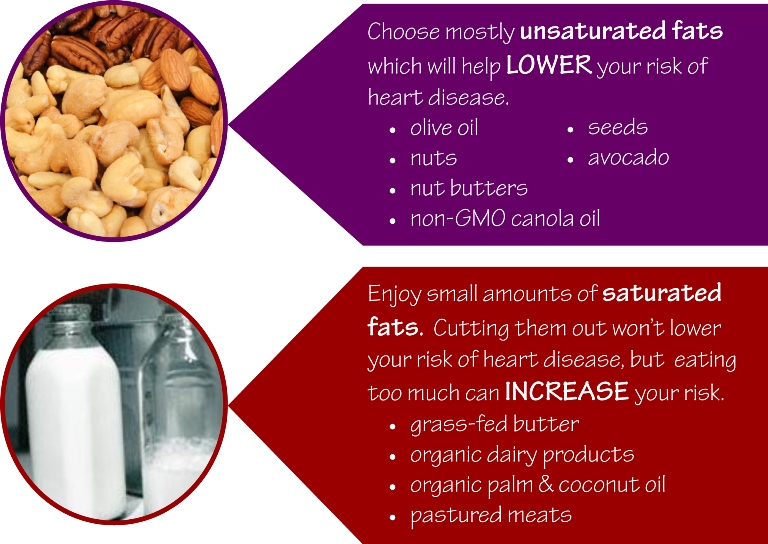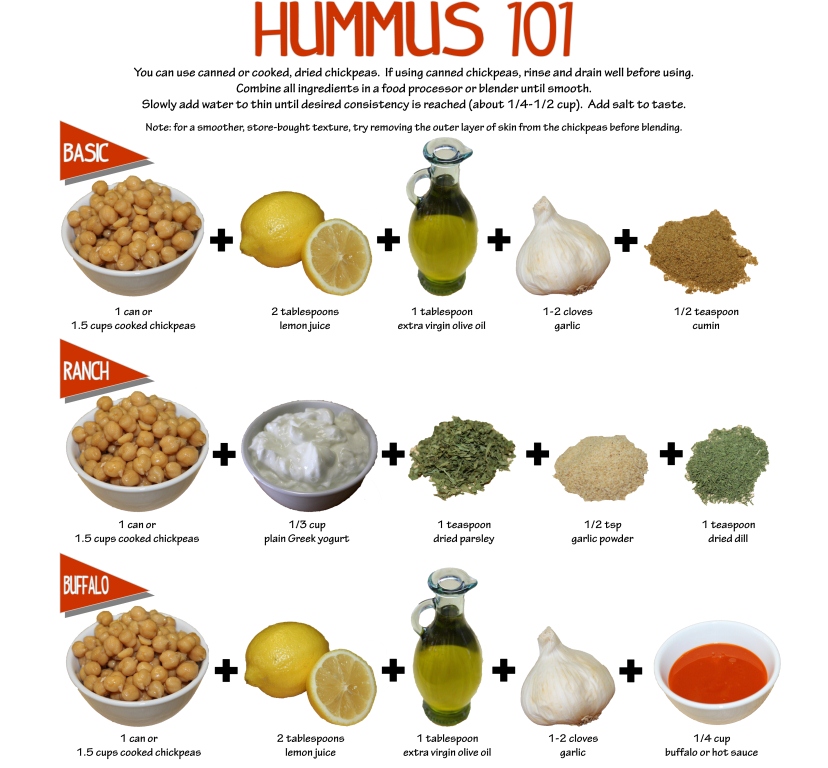For years, saturated fat has been blamed for high cholesterol levels and heart attacks. This overemphasis on reducing fat intake led many people to start substituting high carbohydrate, high sugar, processed foods for fats - bye, bye eggs, hello fat-free cookies!
The shift to more sugar and refined carbohydrates has caused more problems than good. According to a study published in JAMA last year, people with the highest sugar intake had a 400% increase in their risk of heart attacks compared to those with the lowest intakes of sugar. Theoretically, that means ONE 20 ounce soda increases your risk of having a heart attack by about 30%.
The Facts on Fats
Not all fats are bad. According to research, eating less saturated fat doesn't actually lower a person’s risk for heart disease. However, that doesn't mean go crazy with the butter, sorry Julia Child!
Instead of focusing on cutting out fats all together, it’s best to look at the type of fat you consume:
Is Butter REALLY Back?
It depends! If you have significantly reduced or eliminated sugar and processed, white carbohydrate foods from your eating plan and replaced them with fresh, whole foods, then small amounts of organic, grass-fed butter or ghee (clarified butter) are okay. If your diet is still SAD (the Standard American Diet), containing excess sugar and fried or processed foods, then butter is not ready for prime time in your eating plan.
- Focus on foods, not nutrients. Try to consume minimally processed, whole foods instead of focusing on increasing or decreasing single nutrients. The closer food is to its natural form, the better!
- Don’t replace fat with sugar and refined carbs. As Walter Willett said, "exchanging a hot buttered cheesesteak for a half-dozen donuts does not help your heart."
- Quality matters. As often as possible, opt for organic, grass-fed meats, dairy products and butter and choose oils that are minimally refined, non-GMO and cold processed.
- Eat MORE: fruits, vegetables, nuts, seeds, whole grains, beans, legumes, and lean proteins.
- Eat LESS: processed meats and processed snacks that are "low in fat" but high in sugar.
Resources:
Mark Hyman,MD, "Eggs Don't Cause Heart Attacks- Sugar Does"
Harvard School of Public Health
Hummus to the Rescue
In search of a new, heart-healthy snack option? Give hummus a try. With just a few simple (and heart healthy!) ingredients, you can whip up your own at home. Grab a can of chickpeas or, even better, cook your own to get started. Cooking beans really is easy! Check out this blog post to learn more.
Click here for a printer-friendly version of these recipes.
Click here for a printer-friendly version of this blog post.



